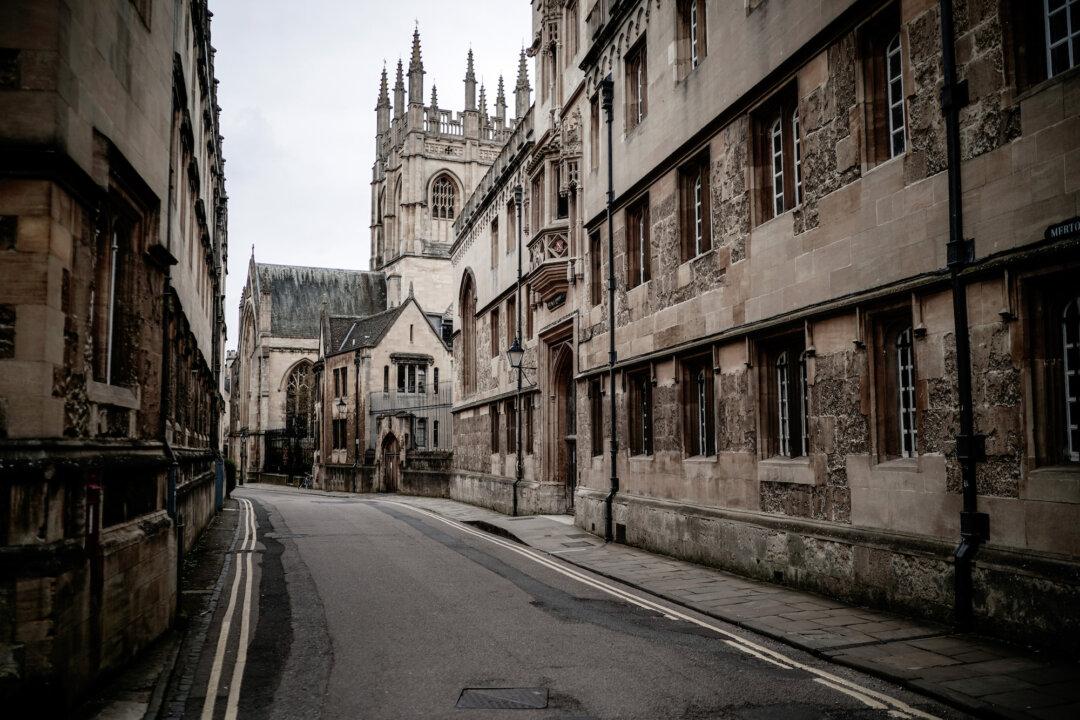A trial to stop most drivers in Oxford from using busy city routes at peak times has been approved by the county council.
On Nov. 29 Oxfordshire County Council Cabinet voted in favour of traffic filters, which are strict rules on how often motorists can drive and where they can go in the town centre.





